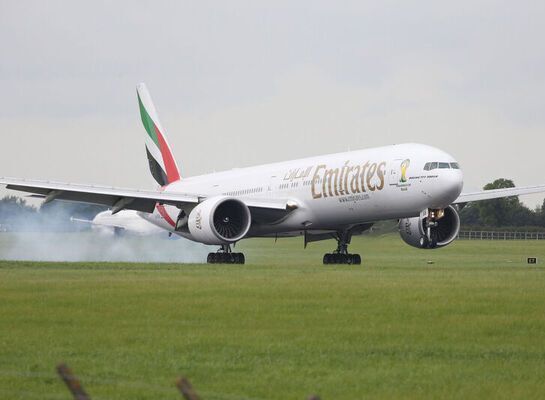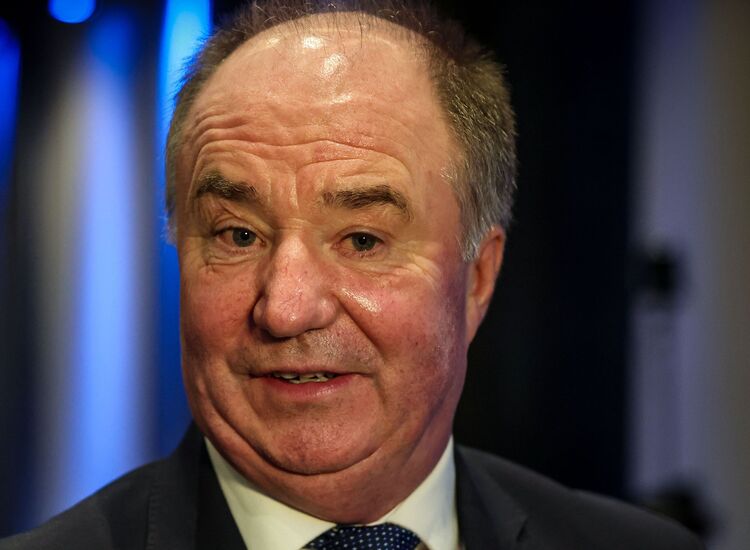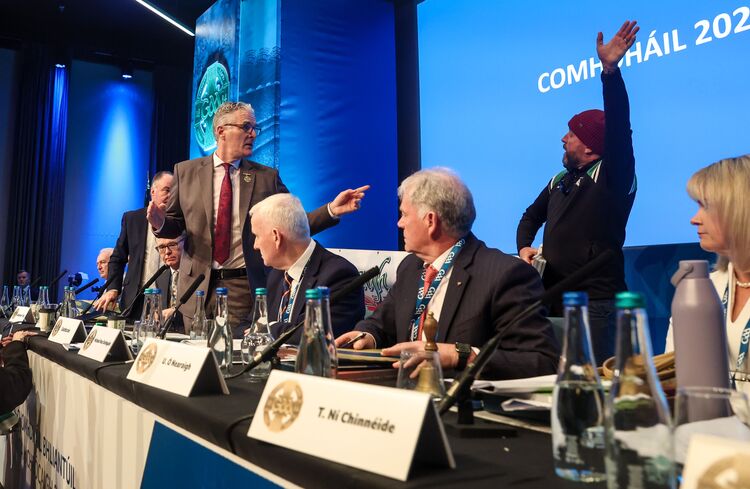By Daniel Neely
There’s a pub in Camden Town, London, called the Good Mixer where the Britpop scene has gone to drink, fight and carry on for the better part of the last two decades. If you wanted to rub elbows with the likes of Oasis, Blur or Amy Winehouse, the Good Mixer was your spot. However, in the latter half of the 1980s, before it was a haven for rockers, it was the home of what seems to have been one of Irish music’s great pub sessions.
“The Good Mixer” is also the name of a new album that memorializes the Good Mixer’s session. Recorded in 1989 at John Carty’s house as the session itself was drawing to a close, the album features its four primaries, Carty, banjo; Noel O’Grady, bouzouki; Henry Benagh, fiddle; and Marcus Hernon, flute (select tracks featuring Bernadette McCarthy, piano), all playing with great connectedness at an incredibly high level. The result is an utterly brilliant album that lovers of Irish music (and of session playing in particular) will want to know about, not just because it’s an important historical document, but because the music it contains is electrifying.
Pub sessions are a fascinating phenomenon and seem to be a fairly recent addition to the fabric of Irish musical life. A by-product of increased immigration after World War II, they appear to have taken root first outside of Ireland, when playing inside the home wasn’t always practical. London was an important home for Irish music in the late 1940s and early ‘50s and Camden’s pubs (like The Bedford Arms on Arlington Road, as we learn from the LP “Irish Music in London Pubs” [Asch Records, 1965]) were particularly important because they were where the Irish immigrant community could go to convene socially and musically.
A similar thing happened in New York in this post-War era. In the late 1940s and early 1950s, flute players Jack Coen and Mike Flynn played on Fridays at a spot called The New Manhattan Pub, while Paddy Reynolds and Andy McGann ran things at Healy’s Pub in the Bronx.
By the 1960s, the pub session had become a somewhat more common thing, with the king of them all happening at the legendary London pub called the Favorite on Queensland Road, Holloway. It was where Martin Byrnes, Bobby Casey, Julia Clifford and Jimmy Power all played and the place where the seminal “Paddy in the Smoke” album was recorded.
Since then, pub sessions have sprung up all over the world and are now nearly synonymous with Irish music. Recordings like “Maiden Voyage” (Pepper’s in Feakle, Co. Clare), “Live at Mona’s” (Mona’s, NYC), and “Music at Matt Molloy’s” (Matt Molloy’s in Westport, Co. Mayo) have documented some of the best in nuanced, artistic fashion. While “The Good Mixer” is not technically a “pub session” recording, is absolutely cut from the same cloth and stands tall alongside these classic session albums.
This is a must-have album for trad fans. I won’t pick out a favorite track, because there’s not a clunker among them, but this really isn’t album about individual tracks, it’s about the way four top players got together and made tight, boundless music with great abandon. Carty sounds magisterial on the banjo. His little touches are brilliant and reflect a nimble musical mind. Hernon's tone is rich and powerful and his superior sense of phrasing sets him apart. The lovely flow in Benagh’s playing articulates wonderfully with the other melody players, and it sits beautifully in O’Grady groove, which really pulls the tune together. It’s magical stuff.
This is one of the best albums of traditional Irish you’re likely to come across. The music is raw and driving with a spirit that tells a story about Irish music in London at a particular moment in time. The recording will surely bring back memories for those who were lucky enough to experience the Good Mixer in the 1980s, but it also gives the rest of us a beguiling taste of what it was like to be there. Definitely one for the collection. For more information, visit www.johncartymusic.com.
For more on Daniel Neely, the Irish Echo's traditional music correspondent, go to www.danieltneely.com.










